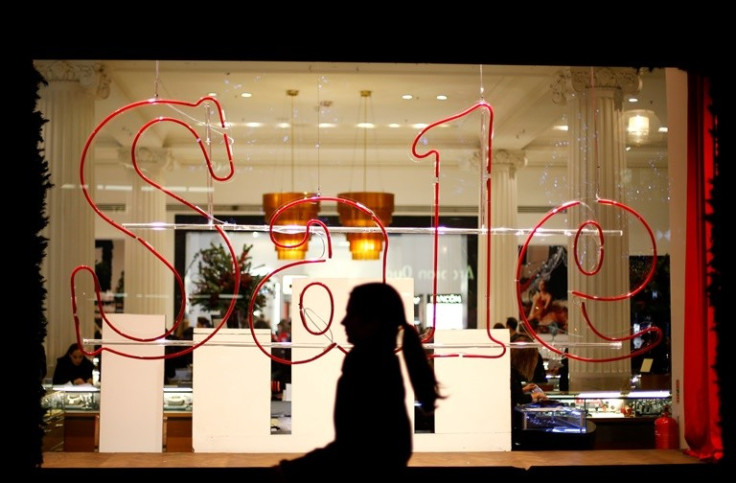The First "Mobile Christmas"

As technology becomes faster and lighter than ever, 2013 looks set to be the first year in which more purchases of Christmas presents are made using transportable devices like mobiles and tablets than on laptops or desktop computers.
Already worth some £8bn a year, it is estimated by research firm "Verdict" that by 2018 transactions via smartphones and tablets will triple to about £23bn.
Consumers who carry smartphones and tablets are seen as attractive to retailers because they tend to have more disposable income and by their very nature are more "mobile", making them more of a tempting target than deskbound shoppers.
Some retailers are beginning to incorporate location-based mobile marketing which can detect potential customers as they draw close to an outlet - or even the outlet of their competitors. Some retailers now allow customers to "scan" the barcodes of products to read customer reviews before making a decision. "In-app ads" - adverts which appear within popular apps - are also having an increasing presence, partly due to the fact that consumers are more willing to accept them.
There have however been warnings that retailers are going too far to monitor potential customers. In the United States Sen. Charles Schumer (Democrat, New York) has called on the Federal Trade Commission to make retailers notify customers that when they enter a store their mobile devices are often being closely monitored for precious data as they browse the aisles. Schumer believes shoppers should be given the opportunity to "opt out" of being tracked as they shop.
However it seems many shoppers are not aware of such monitoring - or simply don't care. Some 38% of us still go window shopping to inspect potential presents before snapping them up online later. A recent survey of US and UK consumers by Toluna/Econsultancy found that nine out of ten UK consumers always or usually checked goods online before purchasing them.
Ironically, despite the rise in mobile shopping, most people make their final purchases from home - possibly due to a reluctance to trust the same open wifi networks retailers are now providing to help potential customers make the "right" decision.
© Copyright IBTimes 2025. All rights reserved.






















